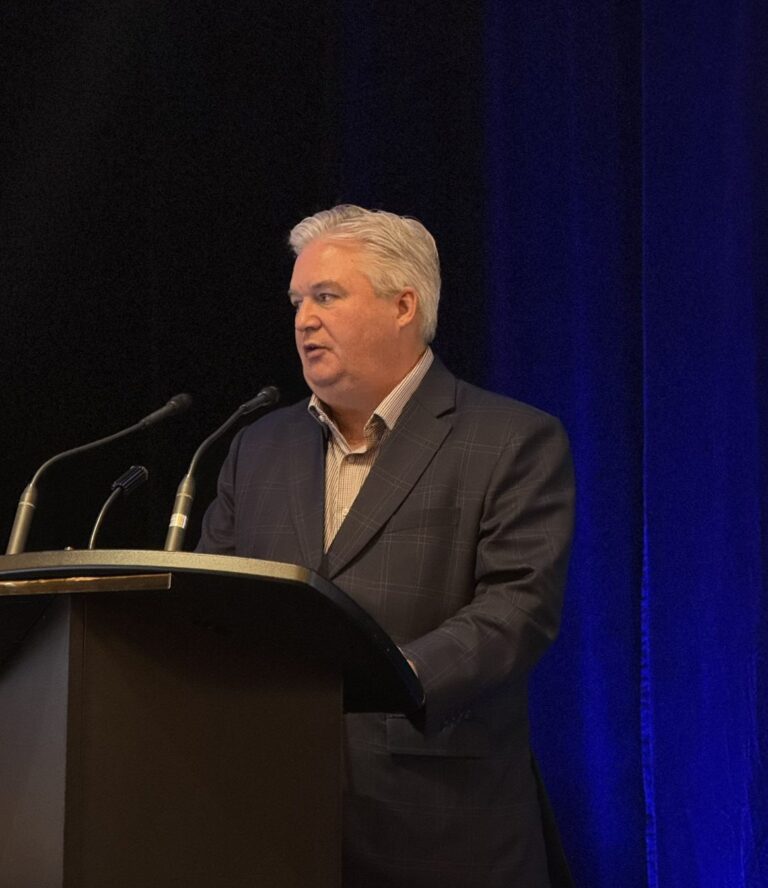A large international study has found that two different approaches to managing blood pressure in older adults undergoing non-cardiac surgery, one avoiding low blood pressure (hypotension) and the other high blood pressure (hypertension), lead to similar outcomes in terms of in-hospital delirium and cognitive changes one year after surgery.
The findings were published on June 3 in Annals of Internal Medicine.
The randomized controlled trial, a substudy of the POISE-3 trial, included 2,603 patients across 54 centres in 19 countries undergoing non-cardiac surgery. Participants were 70 years old on average, taking at least one blood pressure medication, and considered at high risk for vascular complications.
The study compared two strategies that used different targets for mean arterial pressure (MAP), the blood pressure level anesthesiologists aim to maintain during surgery.
- A hypotension-avoidance strategy, that aimed at maintaining a higher intraoperative blood pressure target (MAP ≥80 mm Hg), and, on the day of surgery and during the first two postoperative days, paused patient’s chronic renin–angiotensin system inhibitors (among the most used blood pressure medications, for which there was non-definitive evidence of possible harm when continued perioperatively), and continued other antihypertensive medications based on the patient’s blood pressure.
- A hypertension-avoidance strategy, which aimed at a lower target (MAP ≥60 mm Hg) during surgery and continued all chronic blood pressure medications.

Maura Marcucci
“This is the largest existing trial evaluating interventions targeting neurocognitive outcomes after non-cardiac surgery,” said Maura Marcucci, PHRI scientist and principal investigator of the study.
The study found no significant differences between the groups in delirium during the first three days after surgery or in cognitive decline one year later. The most likely explanation is that the two strategies eventually produced differences in blood pressure that were too little and limited in time to result into differences in clinical outcomes including neurocognitive outcomes.
“The findings suggest that either strategy can be used without increasing the risk of neurocognitive complications after non-cardiac surgery,” added Marcucci. “This gives the physicians more flexibility to tailor care to each patient’s needs.”
The findings not only provide clarity for doctors but also reassure patients, many of whom worry about how their chronic medications are managed when they undergo surgery, especially when overseen by physicians who are not their regular cardiologists or family doctors.
“We all know someone on blood pressure medications and who has had surgery. For patients and their families, this study shows that choosing one approach over the other doesn’t increase the risk of confusion or memory loss after surgery, which are the most feared outcomes of surgery or anesthesia.”
The study was funded by the Canadian Institutes of Health Research Foundation, National Health and Medical Research Council, Funding Schemes, Research Grant Council, Hong Kong.



